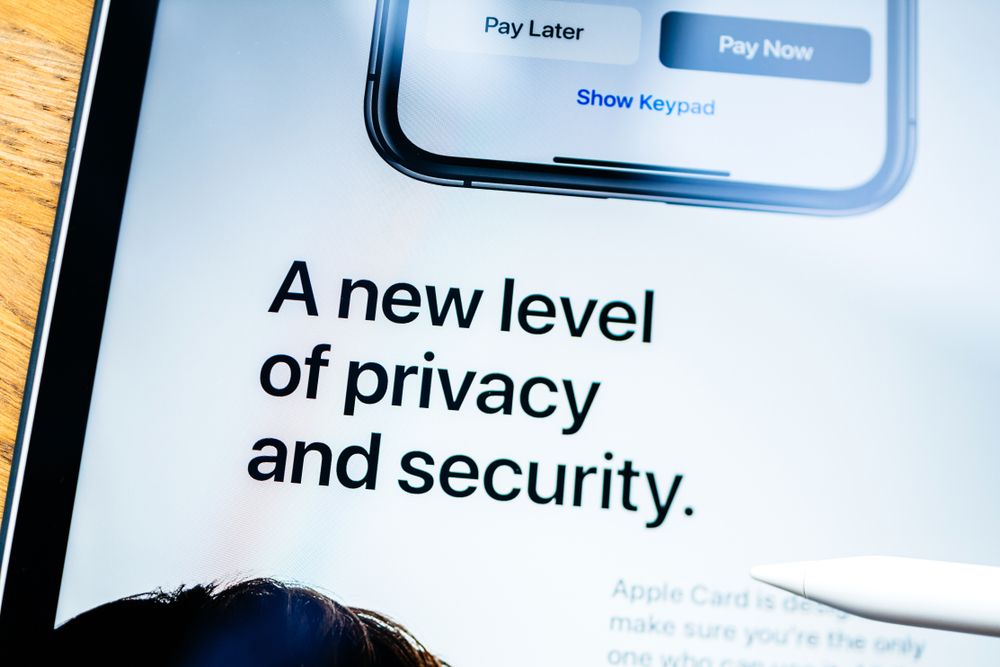On Monday, Apple released an update on its App Store review policies. Although initially praised for taking a more pro-privacy angle, the company has since backtracked and will be allowing screen-time-control apps after previously called them ‘highly invasive.’
Apple broke the news in a blog post on Monday that it would be removing offerings on the App store it views as ‘invasive.’ The move was praised for being a step towards greater user privacy. However, Apple is now allowing a group of apps that focus on parental controls which allow the tech company to access screen time information ‘in limited cases.’

App Store Confusion
The sudden change in policy is likely due to accusations that the company was monopolizing its App store. Apple’s new Screen Time application saw the company limit many apps in the store which competed directly against it. The allegations were so serious that two companies filed competition complaints in the European Union against the company in April. Out of fear of the issue escalating, Apple is bringing screen-time-control apps back with limited features. Interestingly, the 180-turn comes just hours after the Department of Justice said they were considering launching an antitrust investigation into the tech company.
Apple Backtracks
Apple’s App Store has been facing persistent controversy over its alleged monopolistic behavior. Many developers have grown frustrated that their hard work could easily be limited or deleted completely at Apple’s whim. However, Apple’s sudden change just shows how the company only uses the topic of privacy for public relations purposes. Ultimately, all apps in the App Store fall under Apple’s strict jurisdiction and criticisms. That’s why decentralized applications (dApps) are so desperately needed. This way, developers would be better rewarded and their products couldn’t be declined for listing without reason. The Apple situation, however, points to a greater problem. The issue has less to do with the apps themselves, and more to do with the App Store. Both Apple and Andriod ultimately monopolize have complete reign over the apps that are offered on each of their operating systems. If and when data-mining by third-parties is rendered impossible, there would be no need for these tech conglomerates to ‘police’ these platforms. More than we need dApps, we first need decentralized platforms which will allow developers to freely post their innovative ideas and projects without being at the mercy of the always-changing policies of conglomerates. Do you believe Apple has too much monopolistic power? Let us know your thoughts in the comments below.
Top crypto platforms in the US
Disclaimer
In adherence to the Trust Project guidelines, BeInCrypto is committed to unbiased, transparent reporting. This news article aims to provide accurate, timely information. However, readers are advised to verify facts independently and consult with a professional before making any decisions based on this content. Please note that our Terms and Conditions, Privacy Policy, and Disclaimers have been updated.

Advertorial
Advertorial is the universal author name for all the sponsored content provided by BeInCrypto partners. Therefore, these articles, created by third parties for promotional purposes, may not align with BeInCrypto views or opinion. Although we make efforts to verify the credibility of featured projects, these pieces are intended for advertising and should not be regarded as financial advice. Readers are encouraged to conduct independent research (DYOR) and exercise caution. Decisions based on...
Advertorial is the universal author name for all the sponsored content provided by BeInCrypto partners. Therefore, these articles, created by third parties for promotional purposes, may not align with BeInCrypto views or opinion. Although we make efforts to verify the credibility of featured projects, these pieces are intended for advertising and should not be regarded as financial advice. Readers are encouraged to conduct independent research (DYOR) and exercise caution. Decisions based on...
READ FULL BIO
Sponsored
Sponsored


